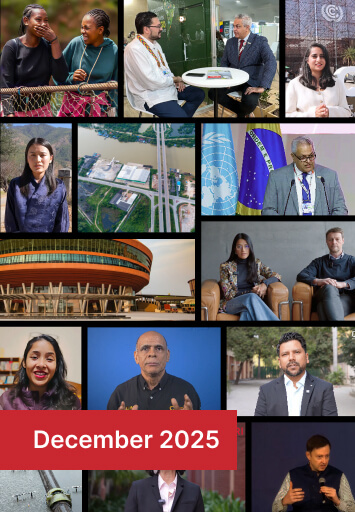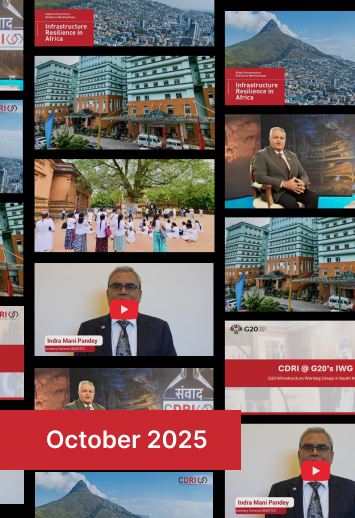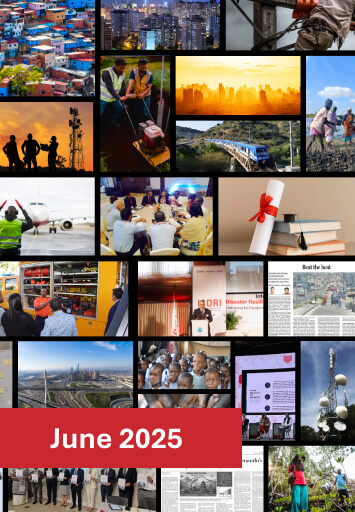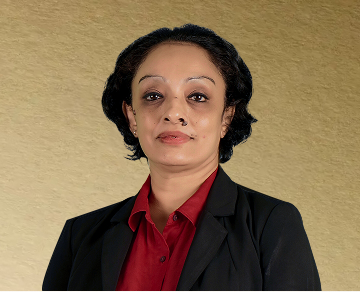
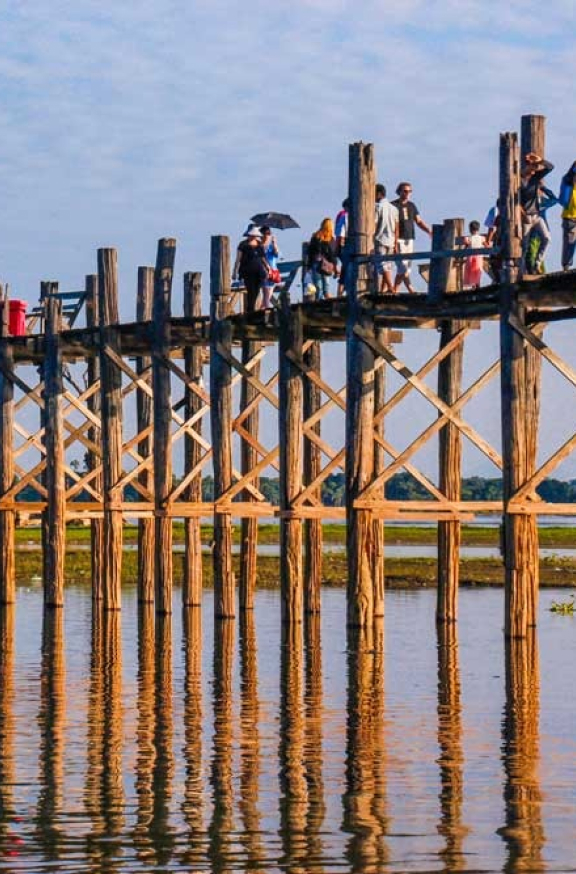
About CDRI
CDRI is a global coalition committed to strengthening infrastructure resilience against climate and disaster risks. With 53 member countries and 12 partner organizations, it includes national governments, international bodies, and businesses collaborating to exchange knowledge, drive research, and invest in disaster resilient infrastructure. Members gain access to global expertise, funding, technical support, research opportunities, innovative solutions, and international best practices.
Headquartered in New Delhi, India, CDRI’s Secretariat holds the status of an International Organization.
CDRI’s mission is, by 2050, to drive US$10 trillion of new and existing infrastructure investments and services to be resilient to natural hazards and climate change through enhanced capacity, informed policy, planning, and management, thereby improving environmental quality, livelihoods, and overall well-being for more than 3 billion people worldwide.
Members
Organizations
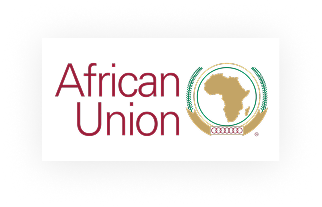
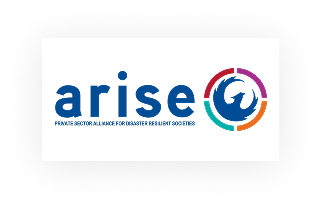

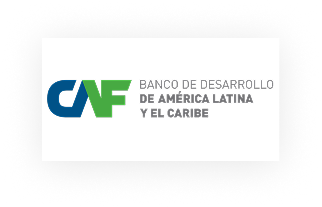
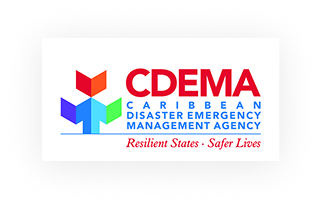

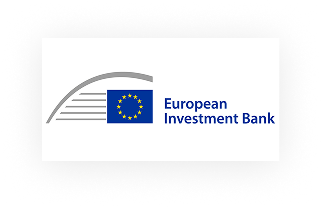

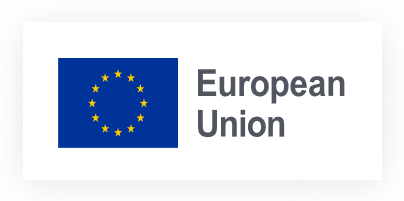
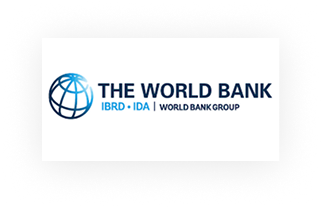
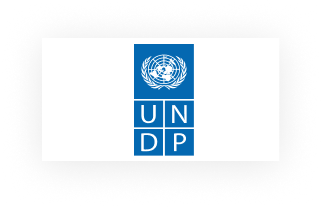
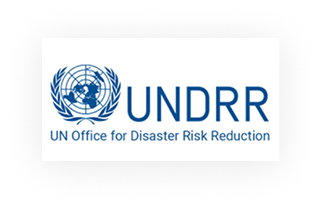
Key information
Why is CDRI needed?
CDRI’s mission is vital because infrastructure systems, such as transportation, energy, health, and telecommunications, are increasingly vulnerable to natural hazards, disasters, and climate change. CDRI helps countries build resilient infrastructure that can withstand and recover from such events, protecting lives, economies, and development gains.
What are CDRI’s main focus areas?
CDRI works to strengthen climate and disaster resilience in infrastructure through technical expertise, innovation, financing, and risk governance. It focuses on shaping policies and financing, integrating risk-aware development in governance, scaling actions within countries, and building stakeholder capacity to protect vulnerable communities and high-risk regions through its programmes. For further information see here: https://cdri.world/what-we-do/
How is CDRI governed?
CDRI operates through three levels of governance:
- Governing Council: Includes all Member countries and organizations; meets annually to set overall direction.
- Executive Committee: Oversees programmes and key decisions; meets twice a year.
- Secretariat: Led by the Director General, responsible for day-to-day operations and coordination.
How is CDRI funded?
CDRI is supported primarily through voluntary contributions from its Member countries and organizations. Contributors include Australia, Canada, France, Germany, India, Japan, the Netherlands, the UK, the USA, the EU and the World Bank. While these contributions help drive CDRI’s mission, membership does not require any mandatory financial commitment.
What are the benefits of membership?
CDRI Members gain access to global expertise, technical support, and funding opportunities for resilient infrastructure. They also benefit from knowledge sharing, collaborative research, and guidance on policy and planning to strengthen disaster and climate resilience.
Membership is voluntary and non-binding, allowing countries and organizations to adopt CDRI’s recommendations at their discretion.
Is an invitation needed to join CDRI?
No, any country or organization can request to join CDRI by expressing interest to the Secretariat.
How can a country or organization apply to become a member?
To become a member, countries and organizations must endorse the CDRI Charter and formally designate a focal point along with a lead representative. These representatives serve as the official contacts for all communications with the Director General and coordinate engagement with the Coalition.
What is the membership approval process?
Membership requests are reviewed and approved by the Governing Council, a process that typically takes around six weeks to ensure thorough consideration and alignment with CDRI’s objectives.
Where is CDRI headquartered?
CDRI is headquartered in New Delhi, India.















